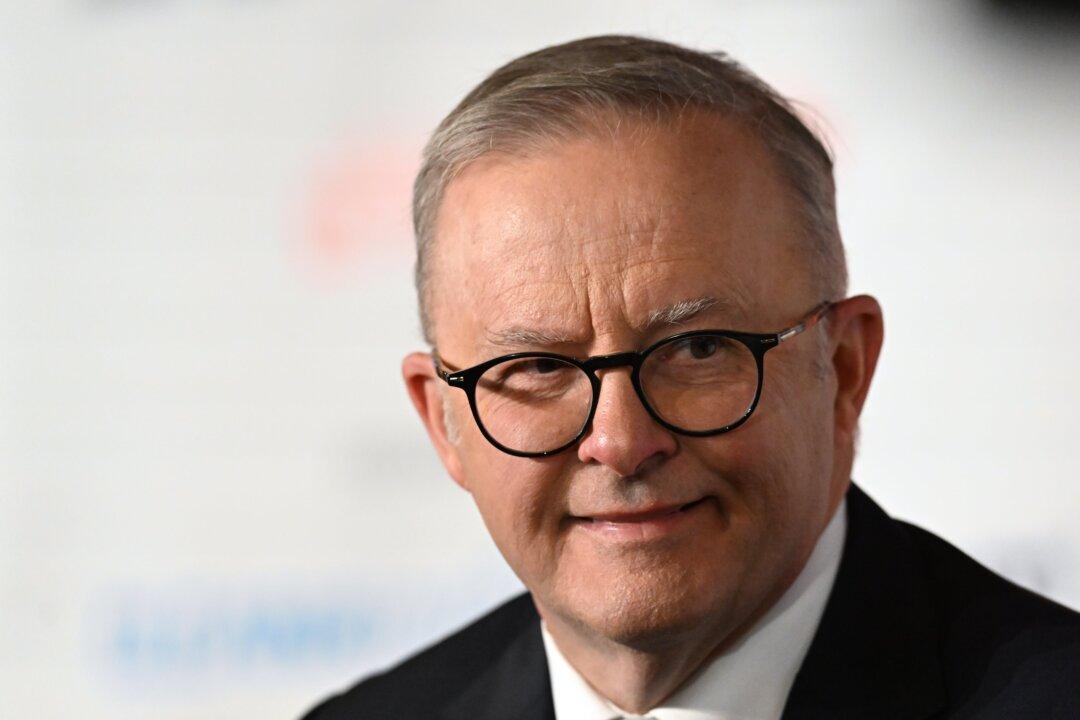Commentary
There was not one single solitary dollar sign in Anthony Albanese’s “A Future Made in Australia” speech delivered in Brisbane. There should have been. This was a speech about re-industrialising Australia, but there were no specifics.

There was not one single solitary dollar sign in Anthony Albanese’s “A Future Made in Australia” speech delivered in Brisbane. There should have been. This was a speech about re-industrialising Australia, but there were no specifics.